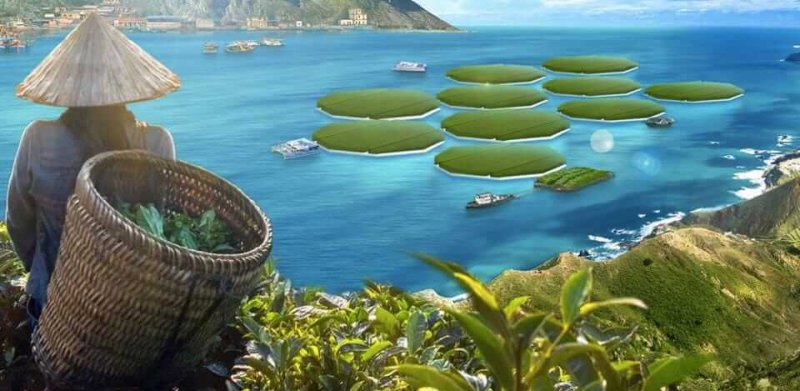There is a surge in saltiness across all inhabited continents today. Climate change is far from the only cause.
Deltas are left wide open to incursions of seawater by dams upstream, by pumps that remove fresh water from underground for faucets and irrigation, and by sand mines that lower river beds.
And in dry regions, irrigation systems delivering water to crops bring salt onto fields, which is left behind in soils as the crops absorb the water.
In some places, farmers are leaving their lands. Saline intrusion in Bangladesh, as sea levels rise and storm surges from the Bay of Bengal become more intense, has reduced rice production by up to 30 percent in the past 15 years, according to Rahman. It is fueling an exodus of farmers to the country’s capital, Dhaka.
Taking a different approach, plant breeders are working on more salt-tolerant crops, either by genetic engineering or by searching among existing crop varieties for those that are most tolerant of their salt. The Dutch aid agency Cordaid has been working with crop scientists and farmers to identify and plant varieties of carrots, potatoes, and cabbages that can grow in the increasingly saline soils of coastal Bangladesh.































